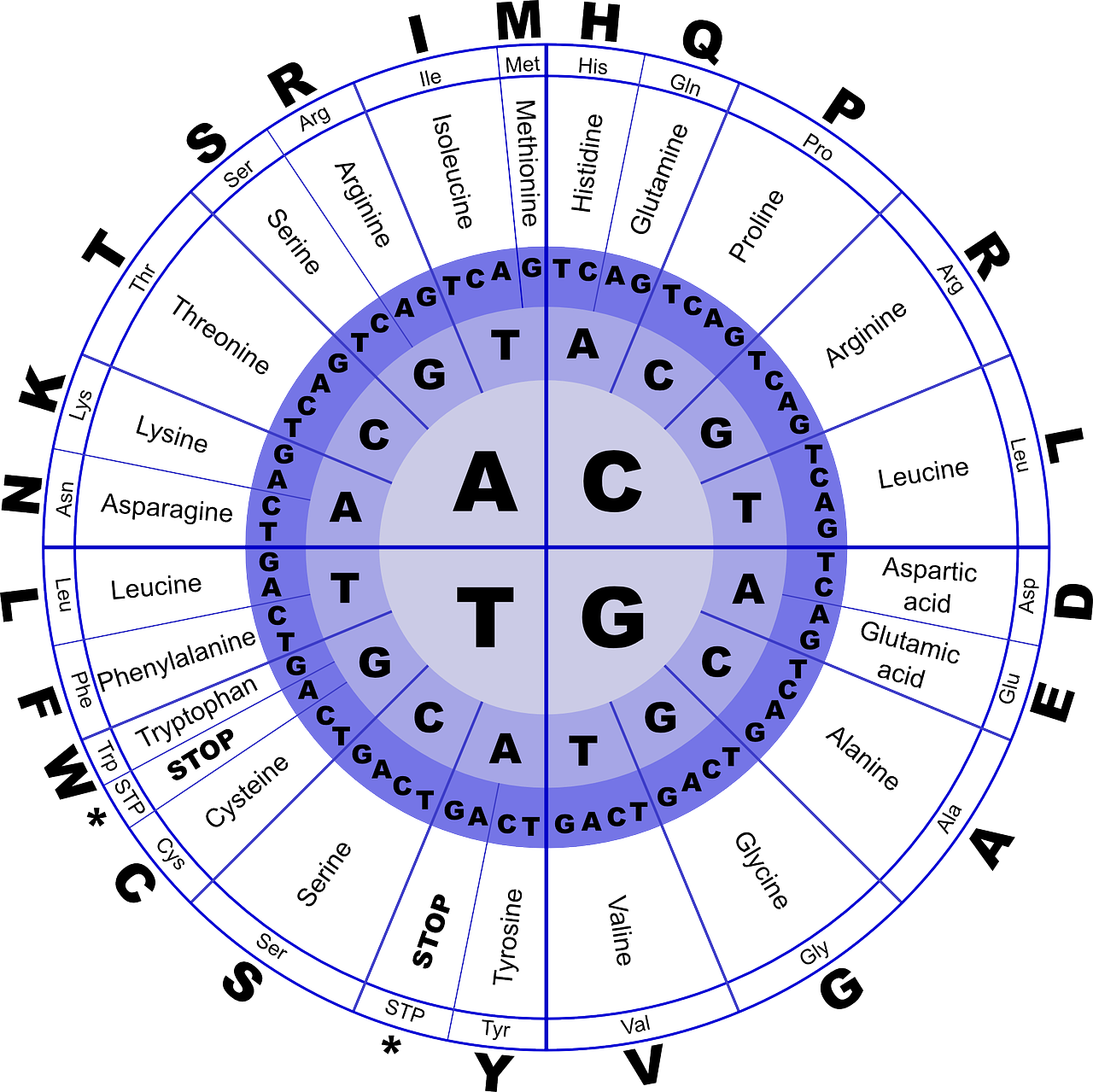Pioneering CRISPR Genome Editing Technique Wins 2020 Nobel Chemistry Prize

Yay! French scientist Emmanuelle Charpentier and American Jennifer Doudna have been awarded the 2020 Nobel Prize in Chemistry for their development of the CRISPR/Cas9 genome editing technique, an approach that has often been lauded in the news as a future panacea, capable of curing any ailment. The two scientists win the 10-million kronor (about $1.12 million) prize, which they will share equally, for developing this simple but powerful way to edit the genomes of living organisms.
CRISPR/Cas9, or more simply CRISPR, has been nicknamed genetic "scissors" for its ability to snip out precise pieces of genomes and substitute them with others. This has allowed researchers to alter DNA and change the function of specific genes. CRISPR is now seen by many as a crucial tool in fighting and curing multiple diseases and genetic conditions, including cancer, blood disorders, and HIV.
“There is enormous power in this genetic tool, which affects us all. It has not only revolutionized basic science, but also resulted in innovative crops and will lead to ground-breaking new medical treatments,” Claes Gustafsson, chair of the Nobel Committee for Chemistry, said in a statement.
Humans are not the only organisms that are attacked by viruses. Bacteria too can fall victim to these microorganisms. In her research, Charpentier discovered Streptococcus pyogenes, a bacterium responsible for a wide series of maladies in humans, used a previously unknown molecule when it is attacked by a virus. This molecule, tracrRNA, cleaved the virus's genetic code, acting as part of the bacteria's immune defense, CRISPR/Cas.